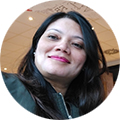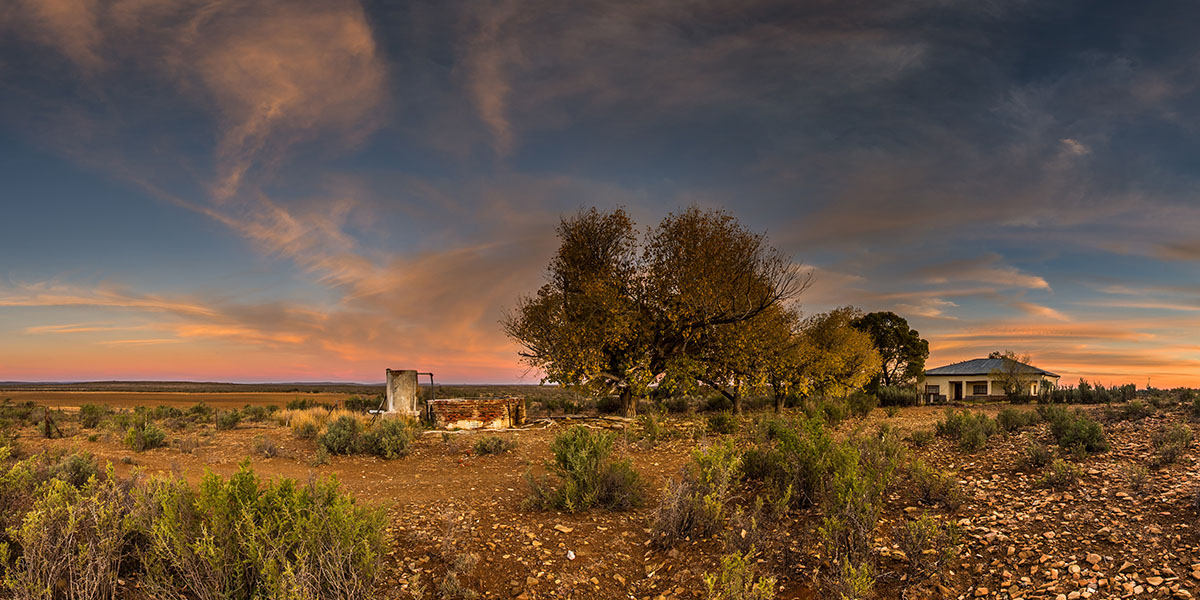How can we do more to raise the voices of scientists in the global south?
A question that not just opens the space for inquiry, but also governs the direction of exploration and findings. Before addressing how to raise the voices of climate scientists from the global south, it is essential to ask a few other questions.
Should climate scientists from the ‘global south’ associate themselves with this presumed boundary?
The term ‘global south’ carries the notion of a less developed world with limited resources and opportunities. It sets the context for how various impacts of climate change are understood and guides potential solutions in the near and distant future. The ongoing discourse of decolonization not just keeps the historical, economic, and political subjectivity alive but also reinforces them by fitting diverse realities of one half of the world within a box. Considering the significant gaps between the global north and south, although it may seem favourable to draw attention to the less developed part, it is also crucial to examine if it would serve the purpose.
Does filling up the regional gaps address climate change?
Despite its global influences, addressing climate change requires location-specific solutions due to the varied nature of associated hazards and risks. Its massive impacts, reactions, and heterogeneous responses demand inclusive thinking and research from climate scientists worldwide to ensure the sustainability of the local solutions. Associating climate scientists with the global south, on the contrary, may brand them less relevant to the other parts of the world and possibly could justify disconnections, which would then require another set of scientists to understand and overcome the spill-over effects of decisions based on a generalized understanding of a region, particularly when they are not so positive.
Do we need more voices, and who is listening?
Countless voices and information shared on social media and the Internet have negatively affected the audiences’ attention span and listening capacities. Infodemic during COVID-19 highlighted some extreme impacts of excessive voices sharing concerns, which led WHO and other government organizations to authenticate data transmitted on various online and offline platforms. In the information age, when risk communications are at their peak and have differential impacts on the ground, a new requirement has emerged for active listening of climate scientists across the globe so that critical messages don’t get lost in billions of voices. Besides, the variety of information shared by different stakeholders and climate scientists has created an additional need to filter and synthesize global wisdom.
How do we synthesize global findings for the local solutions?
The current assessments of climate change and synthesis are primarily dependent on the developed nations, resources, and technology, both by design and the need. Although these reports consider all countries, the most vulnerable populations across the world find themselves mainly in the impact section. Studies recurrently acknowledge the wisdom of the local and indigenous communities, but their knowledge often remains outside the mainstream. The gap emerges not just because of inadequate synthesis of research across developed and developing nations but also across physical and social sciences, and knowledge producers and humanitarian actors. In the face of mounting risks, climate scientists from various countries could play an essential role in addressing them if provided with adequate resources and a support system.
Finally, it can be said that the impacts of climate change have already been witnessed and experienced by a significant proportion of the population worldwide. As many of these issues emerge from complex transboundary challenges, climate scientists from different regions can help to resolve them if provided with active listening and equal opportunities for their participation in synthesizing the global knowledge for the local applications.

Shabana Khan
Shabana Khan is the Director of the Indian Research Academy. She is pursuing research on risk communication, disaster response, climate change and health. As one of the lead authors, she is working on the nexus assessment report at the Intergovernmental Platform on Biodiversity and Ecosystem Services (IPBES), and she is also a member of the climate health working group at the Association of Academies and Societies of Sciences in Asia (AASSA). We talked to her about the voices of Scientists in the Global South.



